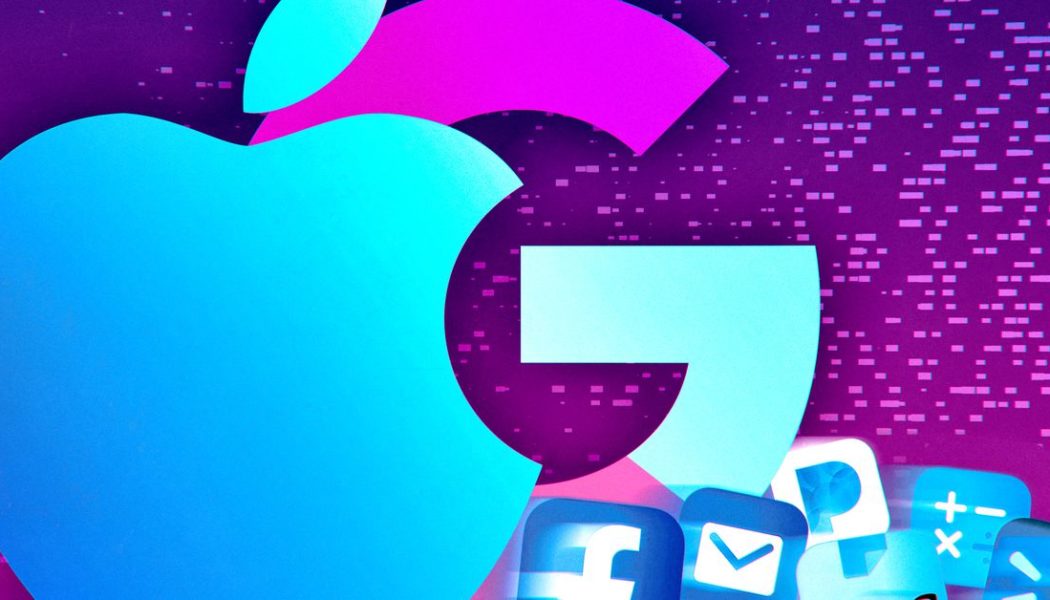
South Korea has passed a bill written to prevent major platform owners like Google and Apple from restricting app developers to built-in payment systems, The Wall Street Journal reports. The bill is now expected to be signed into law by President Moon Jae-in, whose party championed the legislation.
The law comes as a blow to Google and Apple who both require in-app purchases to flow only through their systems, instead of outside payment processors, allowing the tech giants to collect a 30 percent cut. If tech companies fail to comply with the new law, they could face fines of up to 3 percent of their South Korea revenue.
The law is an amendment to South Korea’s Telecommunications Business Act, and it could have a large impact on how Google’s Play Store and Apple’s App Store do business globally. South Korea’s National Assembly passed the bill on Tuesday.
Neither company is happy about it. In a statement, Google defended its service fees, which it says “helps keep Android free,” and gives developers “the tools and global platform to access billions of consumers around the world.”
“Just as it costs developers money to build an app, it costs us money to build and maintain an operating system and app store,” a Google spokesperson said. “We’ll reflect on how to comply with this law while maintaining a model that supports a high-quality operating system and app store, and we will share more in the coming weeks.”
A representative from Apple did not immediately respond to a request for comment from The Verge. However, prior to the law’s passing, the company sent over the following statement.
The proposed Telecommunications Business Act will put users who purchase digital goods from other sources at risk of fraud, undermine their privacy protections, make it difficult to manage their purchases, and features like “Ask to Buy” and Parental Controls will become less effective. We believe user trust in App Store purchases will decrease as a result of this proposal—leading to fewer opportunities for the over 482,000 registered developers in Korea who have earned more than KRW8.55 trillion to date with Apple.
Lobbyists for the two companies have reportedly argued to American officials that the Korean legislation violates a trade agreement, as it seeks to control the actions of US-based companies.
South Korea isn’t the only country that’s trying to bend American tech giants to its will. Russia requires that gadgets come pre-installed with apps made by Russian developers, and Australia is looking into regulating services like Apple Pay and Google Pay. Some in the US government have even proposed legislation similar to what was passed by South Korea. The Wall Street Journal notes that South Korea’s new legislation could end up being referenced by regulators in other countries.
Both Apple and Google have been trying to stave off such actions through changes to their store policies. Apple introduced its App Store Small Business Program, which halved Apple’s cut from developers earning less than a million dollars a year on its store. It also agreed to let developers inform their users about payment options outside the App Store, using the email addresses that users gave them. Google said that it would only take 15 percent of developers’ first million dollars instead of 30 percent.
Both Apple and Google have faced legal challenges despite the changes, with the most notable coming from Epic Games. Epic argued that Apple and Google used their dominant positions to dictate what could and could not be done with their phones. While Epic’s argument is different against each company, they share the same core complaint: Apple and Google’s dominance over the app stores. Both cases are still ongoing.
Update August 31st, 7:21AM ET: Added new statement from Google.









